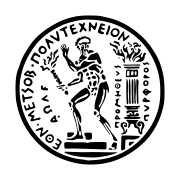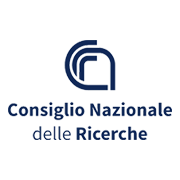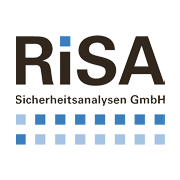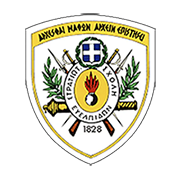Sustainable Water Innovations for Fielded Troops
SWIFT aims to apply a disruptive approach to water management, developing technological innovations for modular field camps designed for personnel in remote settings.
The project focuses on emerging water reuse concepts and advanced technologies, including graphene-based treatment and photocatalytic processes, to ensure clean and safe water for those in challenging operational environments. This approach aims to reduce logistical burdens and enhance self-sufficiency.
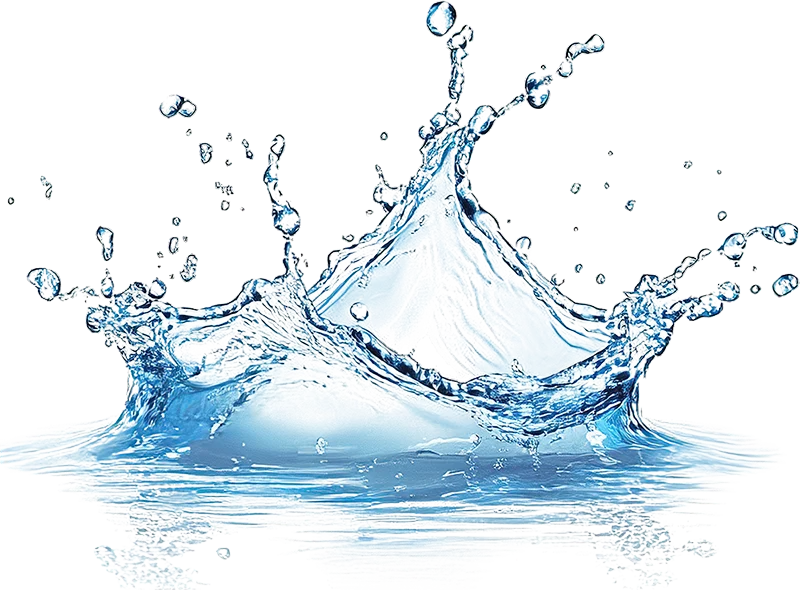
Objectives
Enhance operational capabilities
Closed loop water systems within camps will result to lesser dependence on external supply convoys, increasing the “up time” of deployments.
Achieve near total water self-sufficiency
on site treatment and reuse will cover more than 95 % of daily drinking, hygiene and service water needs.
Guarantee health & safety
Cutting edge treatment plus a portable “lab in a box” will ensure every drop meets the strictest EU standards.
Energy Saving
integrated water and power design targets at least 20% lower electricity demand and camp fuel consumption.
Enhance operational resilience
Technologies will be stress tested so safe water keeps flowing under extreme operational conditions.

Project
Supplying safe water is one of the major logistical challenges for troops in the field. S.W.I.F.T. pioneers a disruptive approach to water management for modular field camps, combining advanced treatment technologies with efficient energy management.
Emerging processes will be integrated with AI powered solutions, such as digital twins so that deployed units can monitor the water-energy flows through all cycles in remote (and possibly hostile) environments, greatly reducing dependence in external supplies, and thus minimizing risk and increasing sustainability.
Specifically, the project concentrates on exploring the potential of emerging water reuse concepts and technologies, including, but not restricted to, graphene-based treatment technologies and advanced photocatalytic processes, to provide clean and safe water for personnel in various often harsh operational environments.
Consortium

This Project brings together 11 partners from 6 countries (Greece, Italy, Germany, Spain, Belgium and the Netherlands) that bring complementary expertise in water engineering, advanced materials, AI, defence logistics, monitoring technologies, energy management, and field operations.


